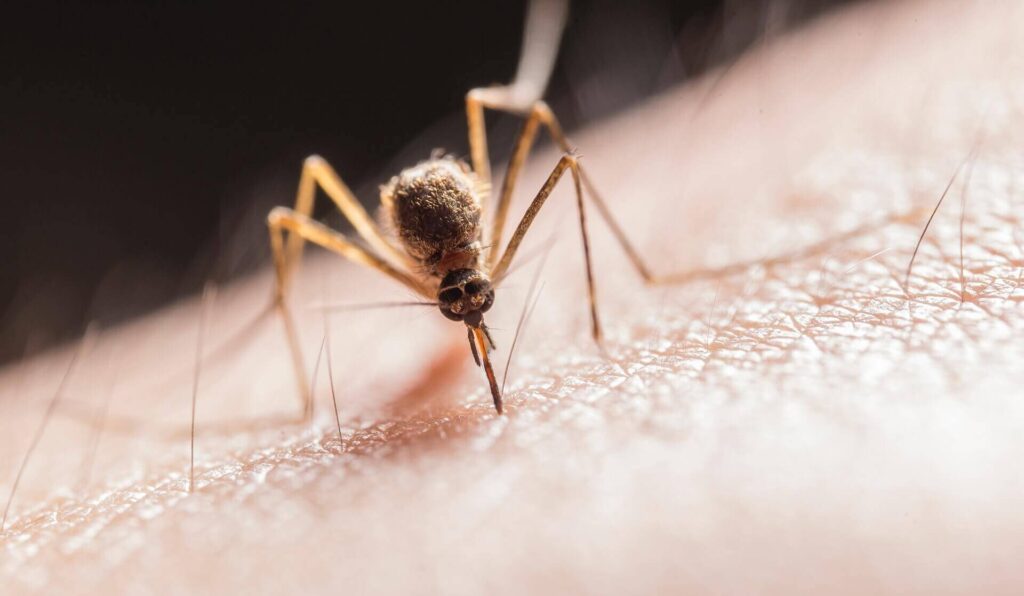Summer may have moved on, but getting bitten by these pesky insects that seem to have no other purpose but to inflict unending itchiness and discomfort is more prevalent than we might think.
For most, resisting the urge to scratch the bite helps with the itchiness and it resolves on its own in a few days. For others, the bite can lead to an allergic reaction to proteins in mosquitos’ saliva and an overall allergic reaction to a bite, also known as Skeeter Syndrome. Many people suffer a great deal with this rare inflammatory reaction which can develop hours after being bitten and cause swelling, redness, the area to feel hot to the touch, and pain not dissimilar to what would take place with an infection.
But how to tell if it is indeed skeeter syndrome and what to do about it?
Normal mosquito bites can lead to immediate swelling and redness that peaks around 20 minutes after being bitten, accompanied by small, itchy bumps no larger than 2 centimetres. Skeeter syndrome bites, on the other hand, leave a larger mark that lasts longer and can swell up to 10 centimetres within an hour of being bitten, progressing to larger, itchier, hotter to the touch, and more painful as they develop.
Babies and young children (for whom natural immunity can take years to develop) are more prone to allergic reactions from bites, having not developed a natural immunity to a mosquito’s saliva. This can also be the case for individuals new to a region with a high mosquito population that they have not previously encountered.
People who suffer from immunodeficiency disorders are also at higher risk. In addition, individuals who already have a known allergy to mosquito bites, those with eczema, asthma, or other allergies, are also at higher risk.
Whilst skeeter syndrome is commonly mistaken for a type of skin infection known as cellulitis, caused by bacteria entering the deeper levels of the skin, skeeter syndrome is characterised by large, red welts. If scratched till it bleeds, bacteria can infiltrate the bite and cause the development of cellulitis.
Things to look out for include:
- spreading of redness around the bite
- pus or drainage weeping from the wound
- hotness around the bite and, in more extreme cases, chills and fever
- a sign that the body is fighting an infection.
Skeeter syndrome is diagnosed by examining the wound and taking a thorough history. While antibiotics can be used to treat cellulitis, they do not help with skeeter syndrome.
Applying ice and topical steroids to the affected area can help, as can taking oral antihistamines.
It is advised and important to see a GP if the bite and your overall condition do not improve and resolve in a couple of days with over-the-counter measures. When exposure to mosquitoes is unavoidable, those prone to skeeter syndrome may want to take an antihistamine before going outside.

















